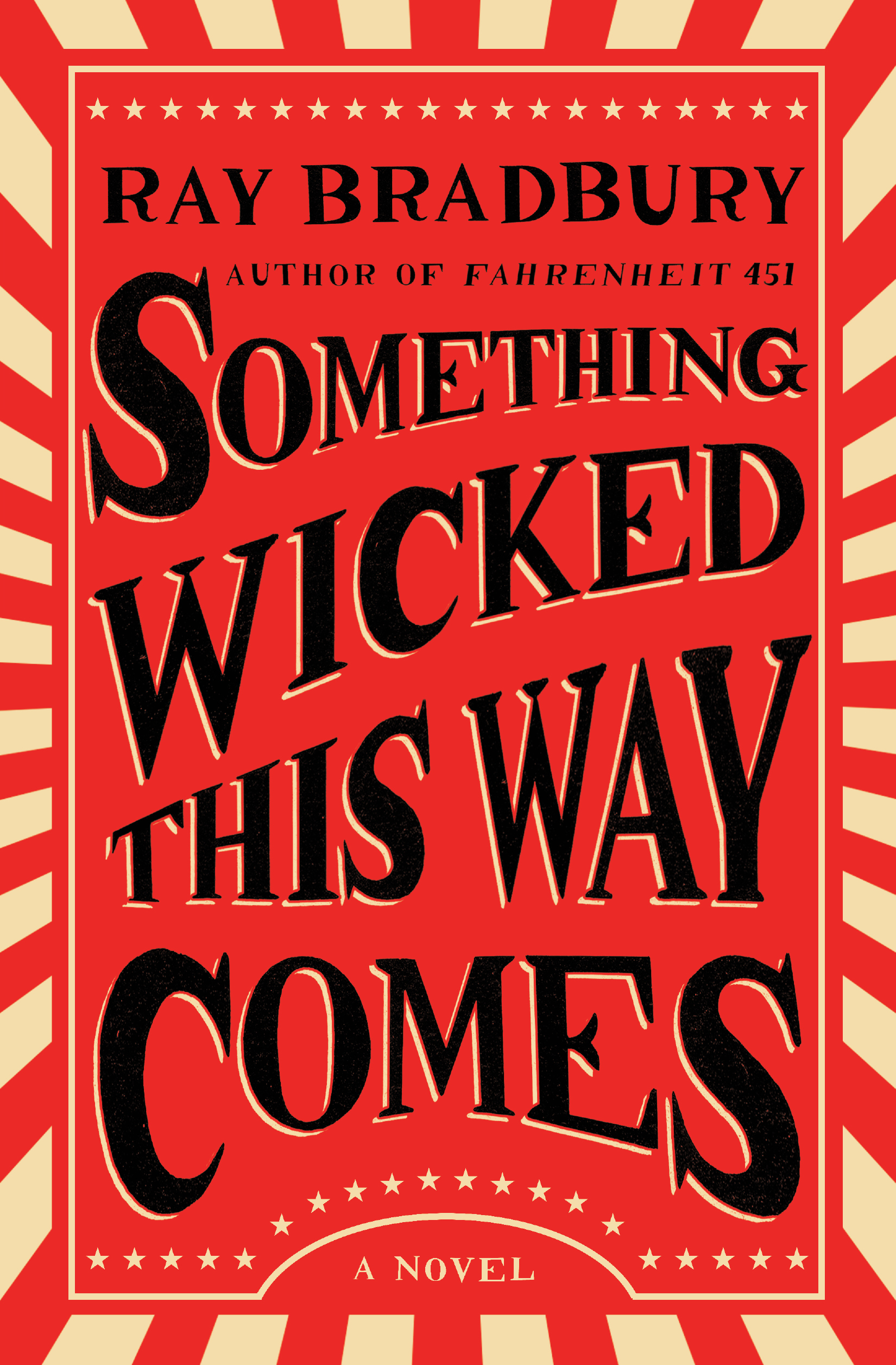Chapter 44
byChapter 44 begins with Charles Halloway experiencing excruciating pain in his left hand, which feels as though it has been set aflame, the sensation almost overwhelming him. In the midst of his agony, he reflects on his age and mentally defends himself against the notion that fifty-four is too old. With each wave of pain, he struggles to keep his mind focused and refuses to succumb to the despair of his condition. Although his body aches and his mind grows clouded, he crawls toward the bookshelves, as if their familiar presence could provide him with the strength he needs to endure. The books, symbols of knowledge and wisdom, represent a grounding force, offering him a small sense of hope in the midst of his suffering. Each movement becomes a test of his will, a fight to keep pushing forward in the face of pain, and yet he persists, determined not to give in.
As he grapples with the intensity of his physical state, a voice suddenly breaks through the tension. The voice is soft and mysterious, inquiring about the “old man” and drawing closer with every word. Charles feels a shift in the atmosphere as the voice seems to intensify the weight of his suffering, making the pain in his hand feel even more pronounced. Despite the growing sense of helplessness, Charles refuses to allow the presence of the witch, who now looms over him, to control his fate. She commands him to cease his struggles, urging him to let his heartbeat slow and his body give in to the quiet calm of surrender. As she speaks, Charles’s thoughts grow more disoriented, but he pushes back against the temptation to comply with her demands, resisting the overwhelming pull of the darkness that threatens to consume him. The tension builds as their minds lock in a battle of wills, Charles refusing to let go of his life, while the witch beckons him toward a peaceful death.
The witch’s power seems to intensify, but Charles’s resistance grows stronger. As he lies there in the throes of his pain, he begins to realize the absurdity of his situation. The irony of it all strikes him suddenly—here he is, battling against pain, facing death itself, and yet he finds himself almost amused by the witch’s attempts to control him. Her threatening presence, though intimidating, starts to lose its grip on him as he chuckles, breaking free from the overwhelming tension. For the first time in what feels like an eternity, Charles allows himself to laugh, the sound ringing out through the air, causing the witch to falter. The more he laughs, the more powerful he becomes, until the pain that once held him captive begins to fade. The witch, whose influence had been absolute moments before, now seems bewildered and powerless, unable to stop the force of Charles’s laughter.
Charles’s defiant laughter becomes a transformative force. As he laughs, the pain in his hand, which had once felt unbearable, lessens and eventually dissipates. The laughter, born from a place of deep despair, has transformed into a weapon of resilience, and in that moment, Charles realizes that it is not the avoidance of pain but the embrace of it with defiance that gives him true power. The witch, now on the defensive, tries to regain control, but her efforts are in vain. The force of Charles’s laughter overwhelms her, and she retreats, leaving Charles standing, free from her grasp. With the weight of his suffering lifted, Charles feels a sense of liberation, as though a heavy burden has been removed from his shoulders. As the room around him seems to change, he stands taller, his strength renewed not just physically but mentally and emotionally as well.
The realization that he can overcome pain with laughter and defiance brings a profound shift in Charles’s perspective. No longer does he feel bound by his age or his physical limitations. Instead, he steps forward, empowered by the knowledge that he can choose his response to life’s hardships. The triumph of this moment is not only a personal victory over the witch but also a reminder that the power to shape his own fate lies within him. As he moves forward, he does so with renewed hope, leaving behind the shadows of fear and embracing the future with confidence. The chapter closes on this note of empowerment, as Charles, once weary and broken, now stands as a symbol of resilience, ready to face whatever comes next with unwavering resolve.

